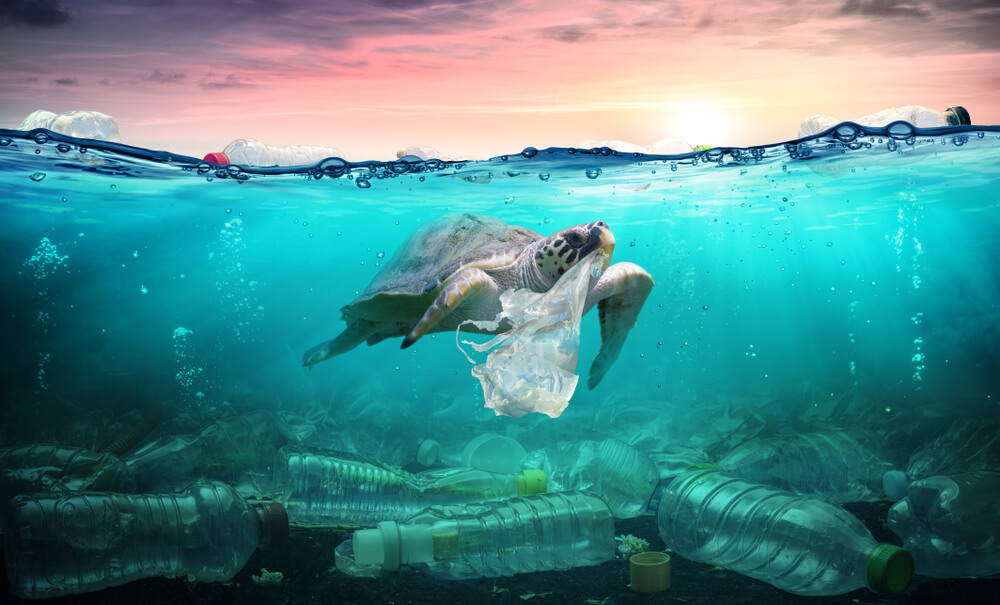Greyton Transition Town (GTT) is the first official transition group in Africa. It was initiated in 2012. A significant focus of their work is on environmental and humane education in local schools. Their activities include transformation a municipal dumpster into a green park and planting 500 trees and planting an outdoor classroom using Ecobrick; learning about permaculture and creating organic food gardens in all six local schools; setting among swap shops where parents and children bring clean and dry recycle wastes in exchange for vouchers; setting up a trial hummane educational program aimed at inspiring empathy in children, etc.

Greening of the environment by planting trees in a former dumpster, creative use of non-recyclable materials(making them into Ecobricks for an outdoor classroom), creative ways to encourage the collection of recyclable wastes by children and their parents(by exchanging them with vouchers), the use of organic wastes to plant and provide organic food in the local schools, among other outcomes.
Here is an example of using waste to green the environment, provide organic food, and even building materials. Here is also an example of creatively engaging students and parents in environmental preservation/community building by creating mutual benefits, e.g., the voucher card swaps.
Story shared by Margaret Sergon, USA.






